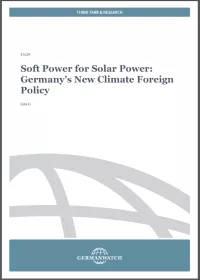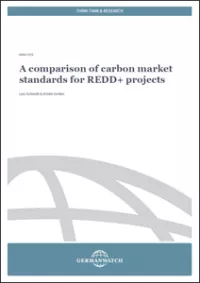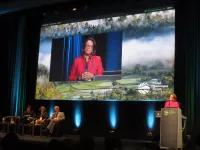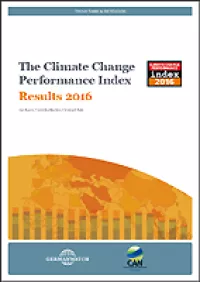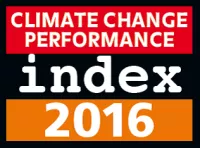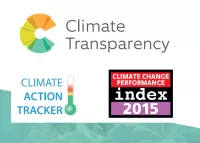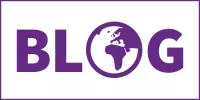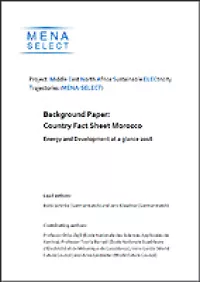
Reliable energy supply is vitally important to meet the growing electricity demand and hence to sustain the socio-economic progress of Morocco. With the kingdom's electricity consumption projected to double by 2025 and to increase more than five times by 2050, substantial investments in additional power generation capacities are required. Faced by the dual challenge of importing 96% of its energy supplies as fossil fuels from abroad, and being highly vulnerable to the effects of climate change, Morocco has, therefore, explicitly set low-carbon and climate change resilient development as its strategic development priority.

